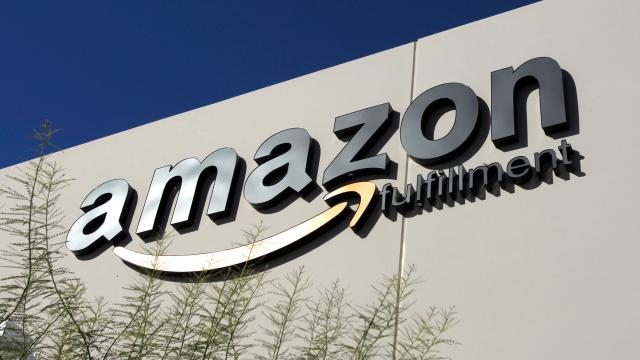It’s no secret that Amazon struggles to keep fake products off its online marketplace, and it has for a while now. So when a new study made headlines this week for supposedly finding that a quarter of CDs “Fulfilled by Amazon” are knock-offs, it wasn’t exactly a shocker.
But this alarming statistic becomes decidedly less so when you realise how many counterfeits these researchers actually found: Nine. In total.
The Recording Industry Association of America recently released the results of its annual study on the state of counterfeit and pirated goods, and quite frankly their methods seem a little less than scientific. After all, the organisation only purchased 80 CDs for the test, according to the report.
Nine of these CDs were fakes, roughly 11 per cent of those sampled, and the study only looked at albums released by US record labels.
The report doesn’t specify how many of these 80 CDs were “Fulfilled by Amazon” purchases, only that 25 per cent of those that were ended up being fakes. The company’s Fulfillment by Amazon program allows third-party vendors to sell their wares on the site and use Amazon’s distribution centres for shipping.
So, based on this examination of fewer than 100 CDs, the RIAA then extrapolated their findings to the entire stock of “Fulfilled by Amazon” CDs worldwide.
Now I’m not a data analyst, but considering Amazon receives five billion product updates every day, this sample size seems a tad small.
The RIAA’s findings concerning counterfeit CD sales on eBay came from a similar methodology (only 79 purchased this time around, though). So you may want to take the organisation’s findings with a grain of salt. Gizmodo reached out to the RIAA for comment but had not heard back at time of writing.
We reached out to Amazon too, and while they didn’t immediately respond, one of the sites that originally covered this story, Digital Music News, reported that the company provided the following:
Our customers expect that when they make a purchase through Amazon’s store — either directly from Amazon or from one of its millions of third-party sellers — they will receive authentic products. Amazon strictly prohibits the sale of counterfeit products and we invest heavily in both funds and company energy to ensure our policy is followed.
The full statement is ridiculously long, but you can check it out here.
So in short:
Does Amazon have a problem with third-party sellers hocking pirated goods in its marketplace? Absolutely; everything from knock-off books to fake Snuggies to pairs of eclipse glasses that are absolutely not safe to wear during an eclipse have been sold on the platform. It’s a problem so pervasive, Amazon sued two of its vendors in 2016 for allegedly selling counterfeits in effort to crack down on the practice.
Does Amazon have a problem with third-party sellers hocking pirated CDs specifically? Maybe. But these RIAA’s statistics are based on a sample size that hardly seems to reflect the company in its billion-dollar entirety, and so we can really only apply them so far before things get skewed beyond usefulness. In any objective sense, at least.
